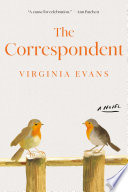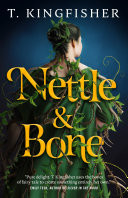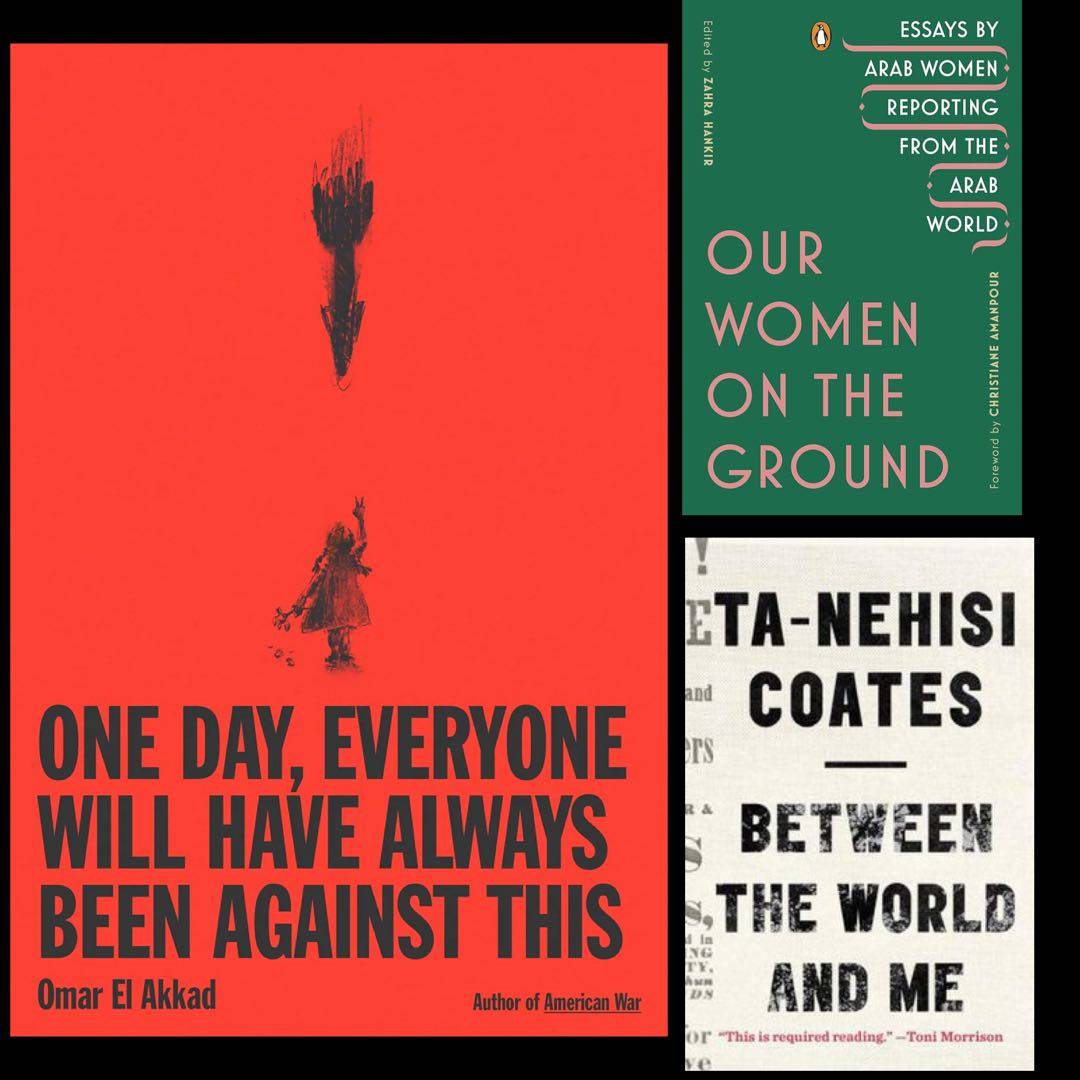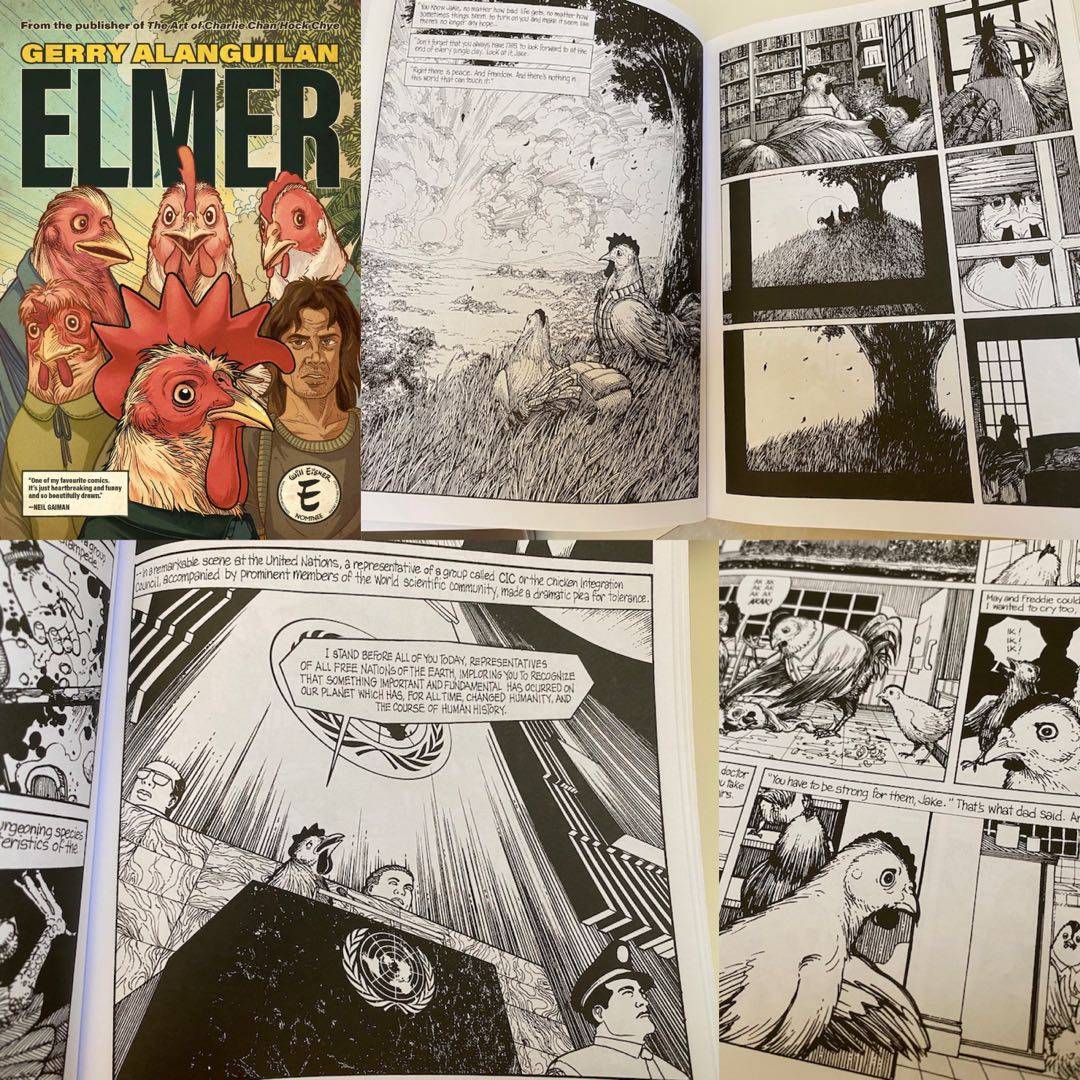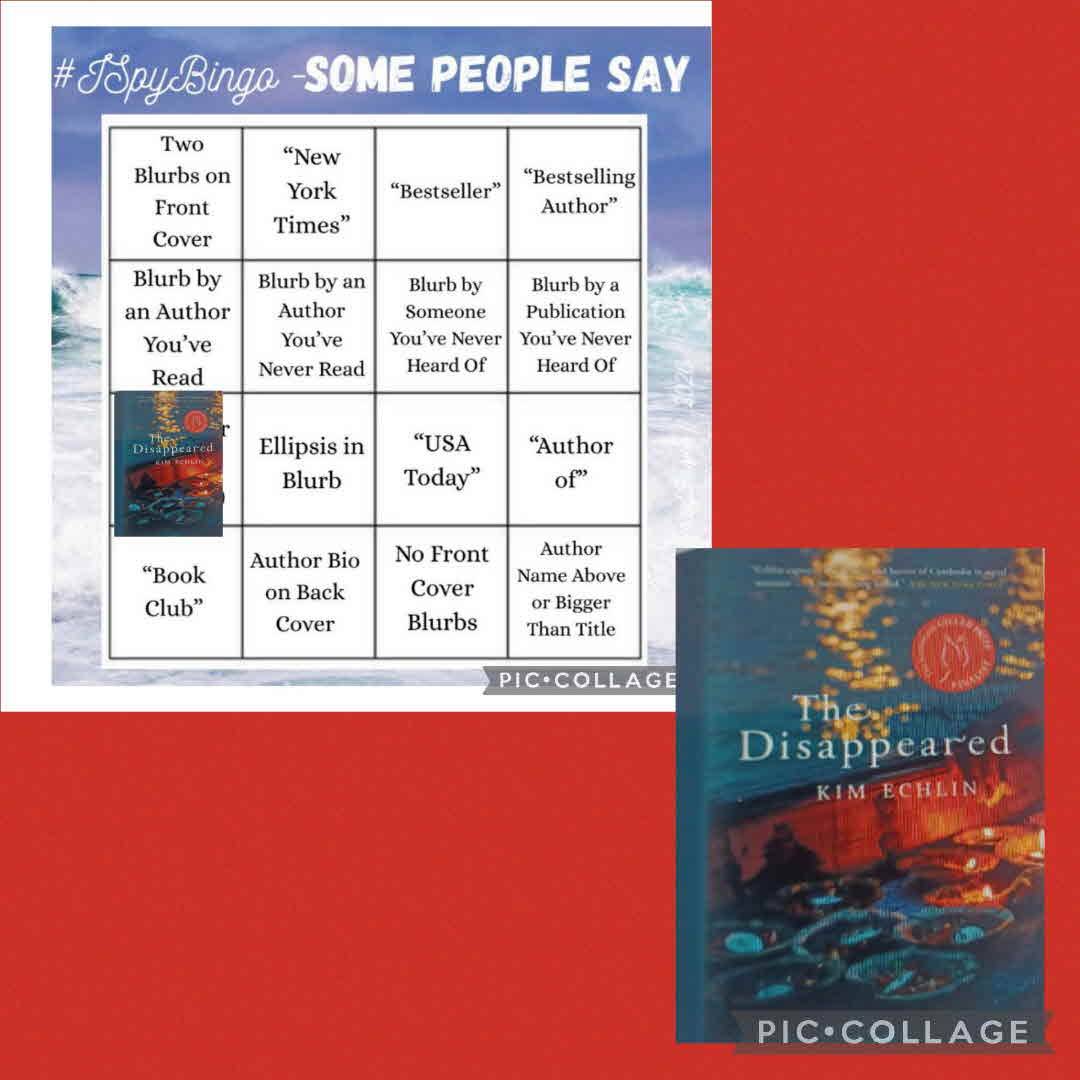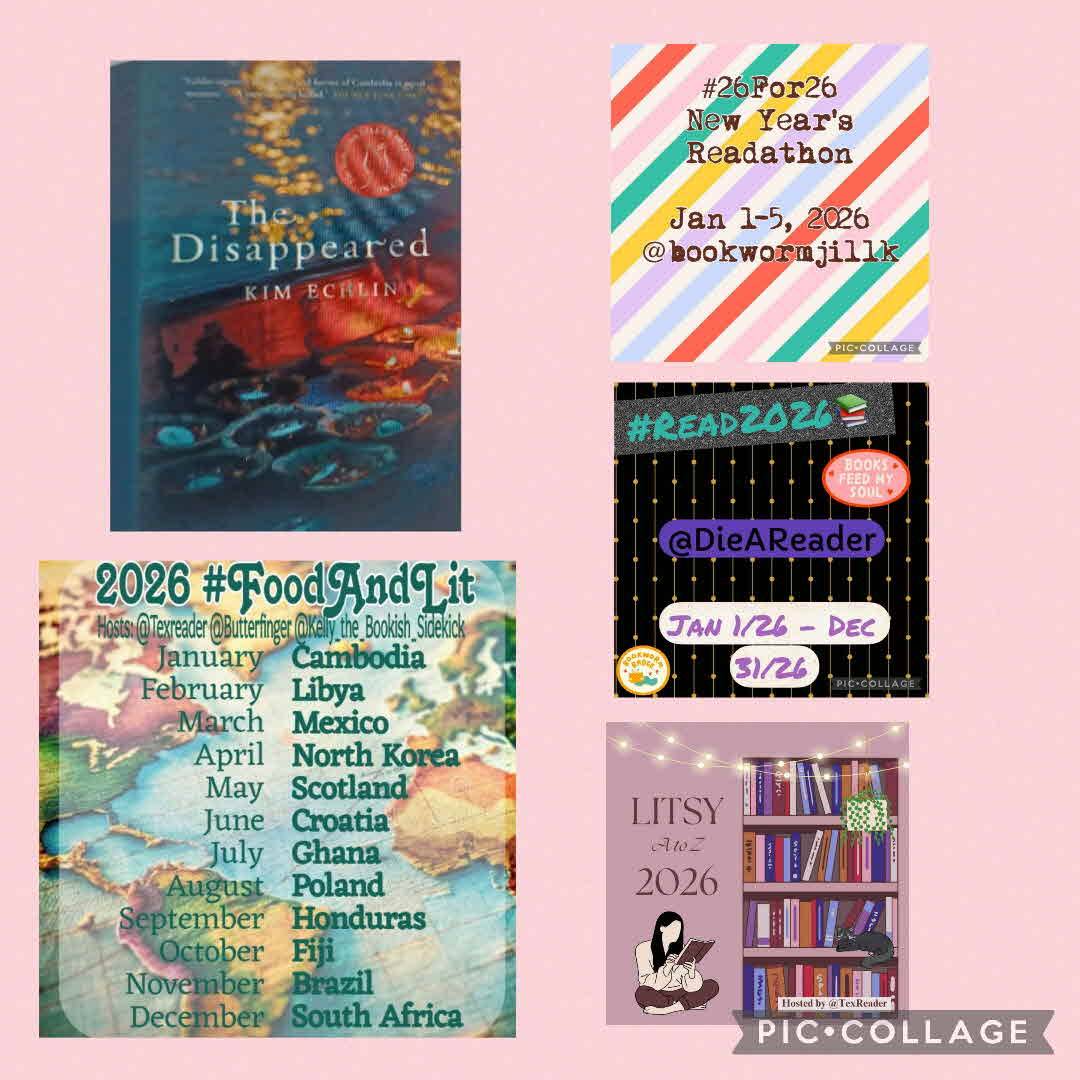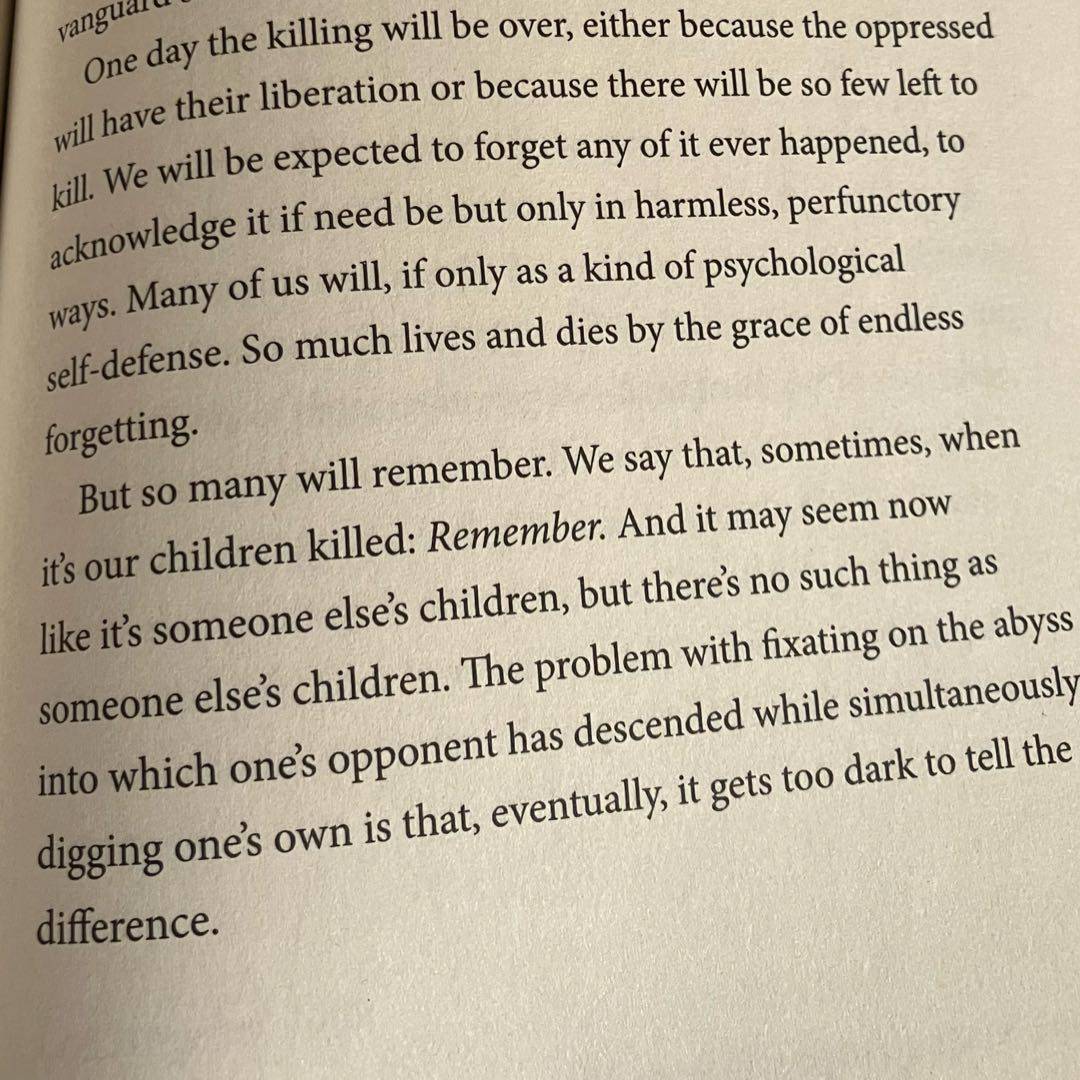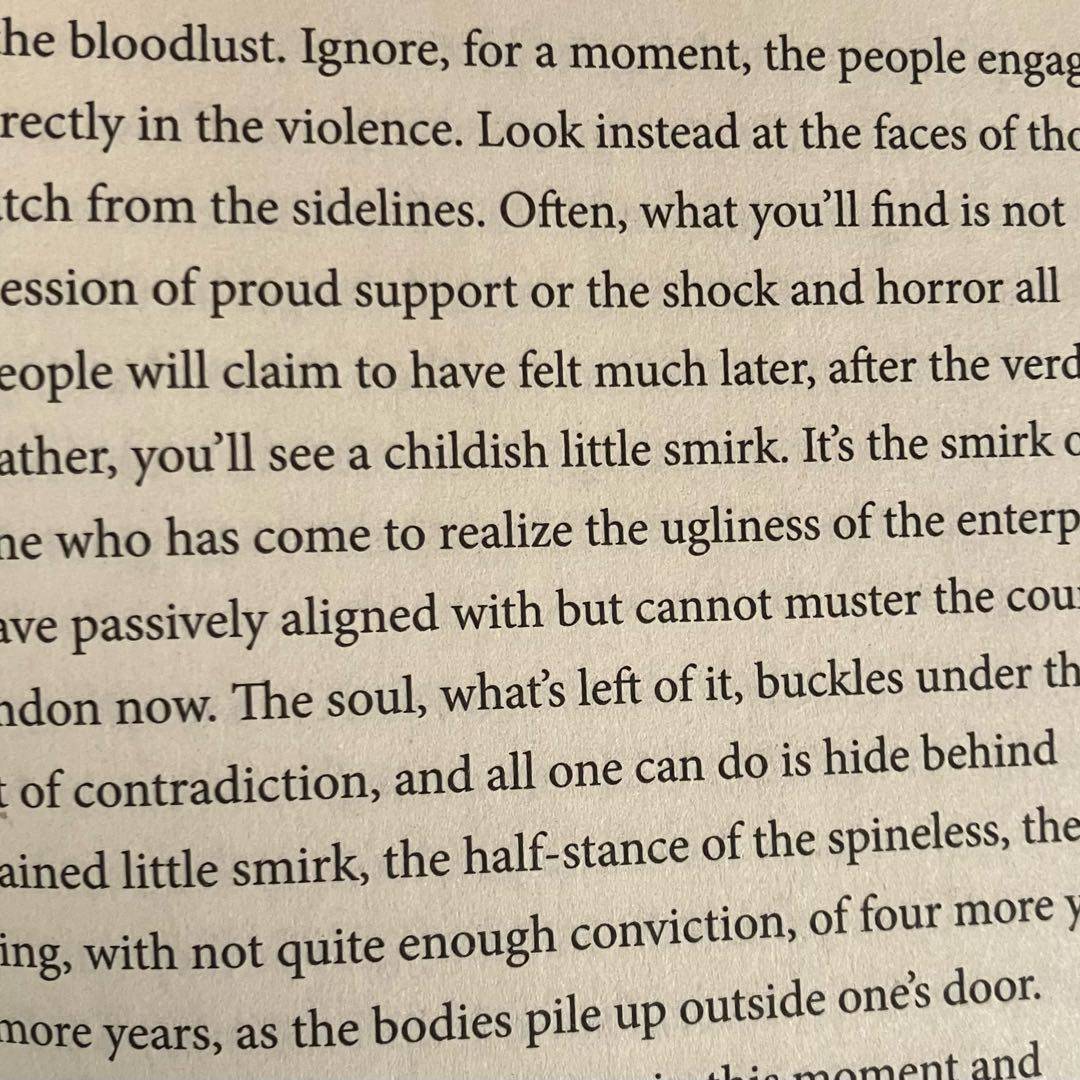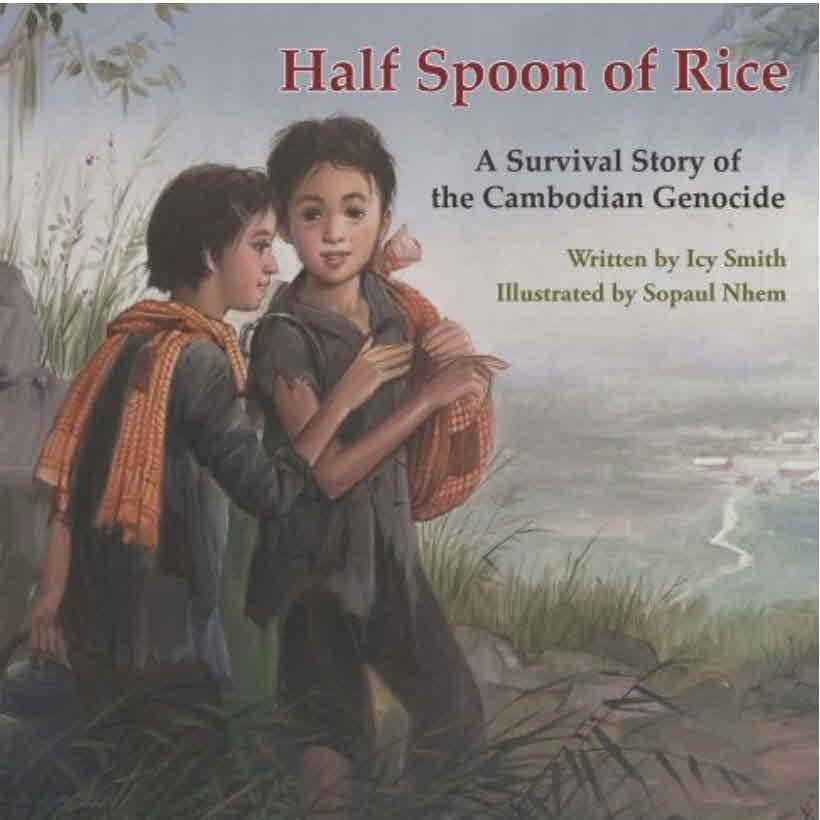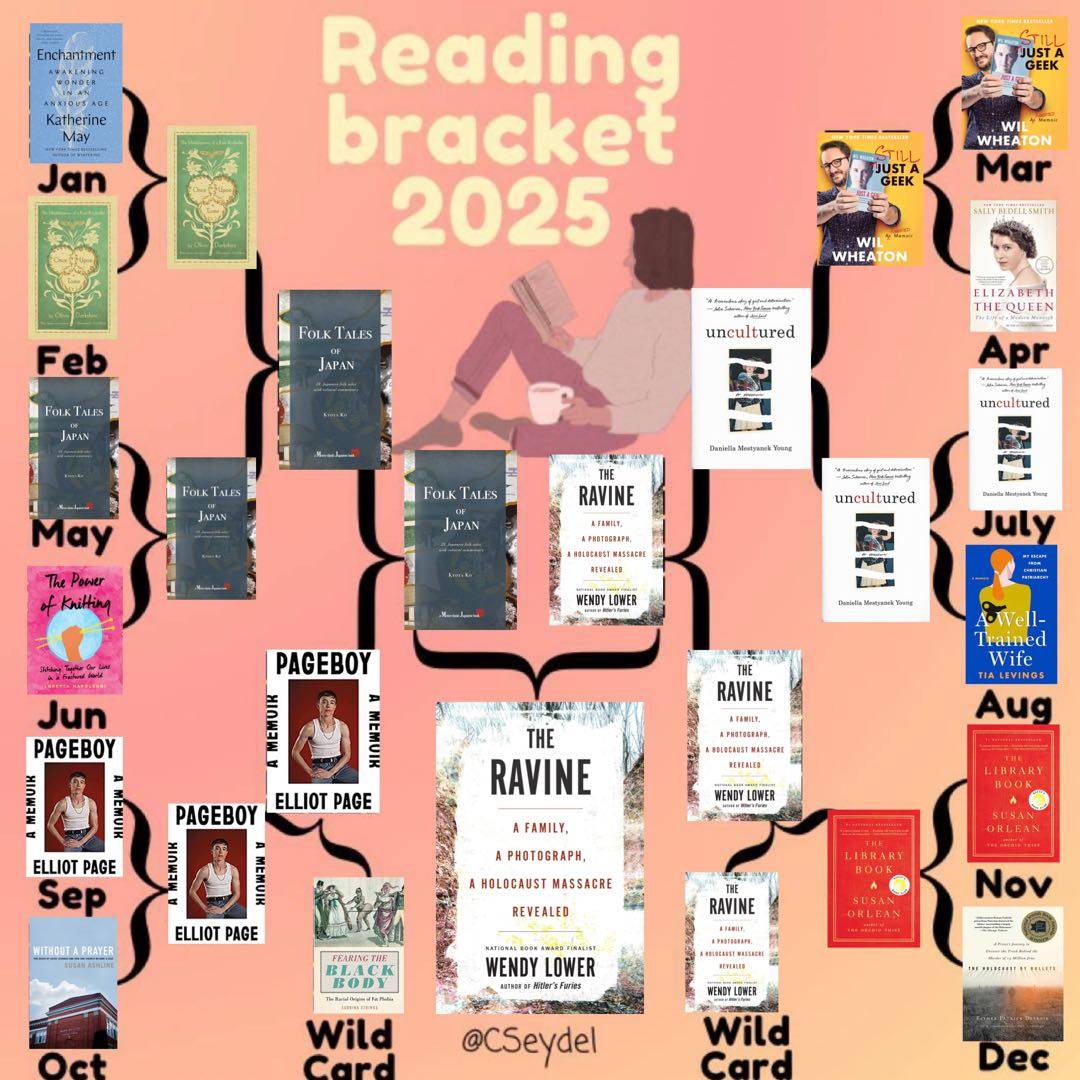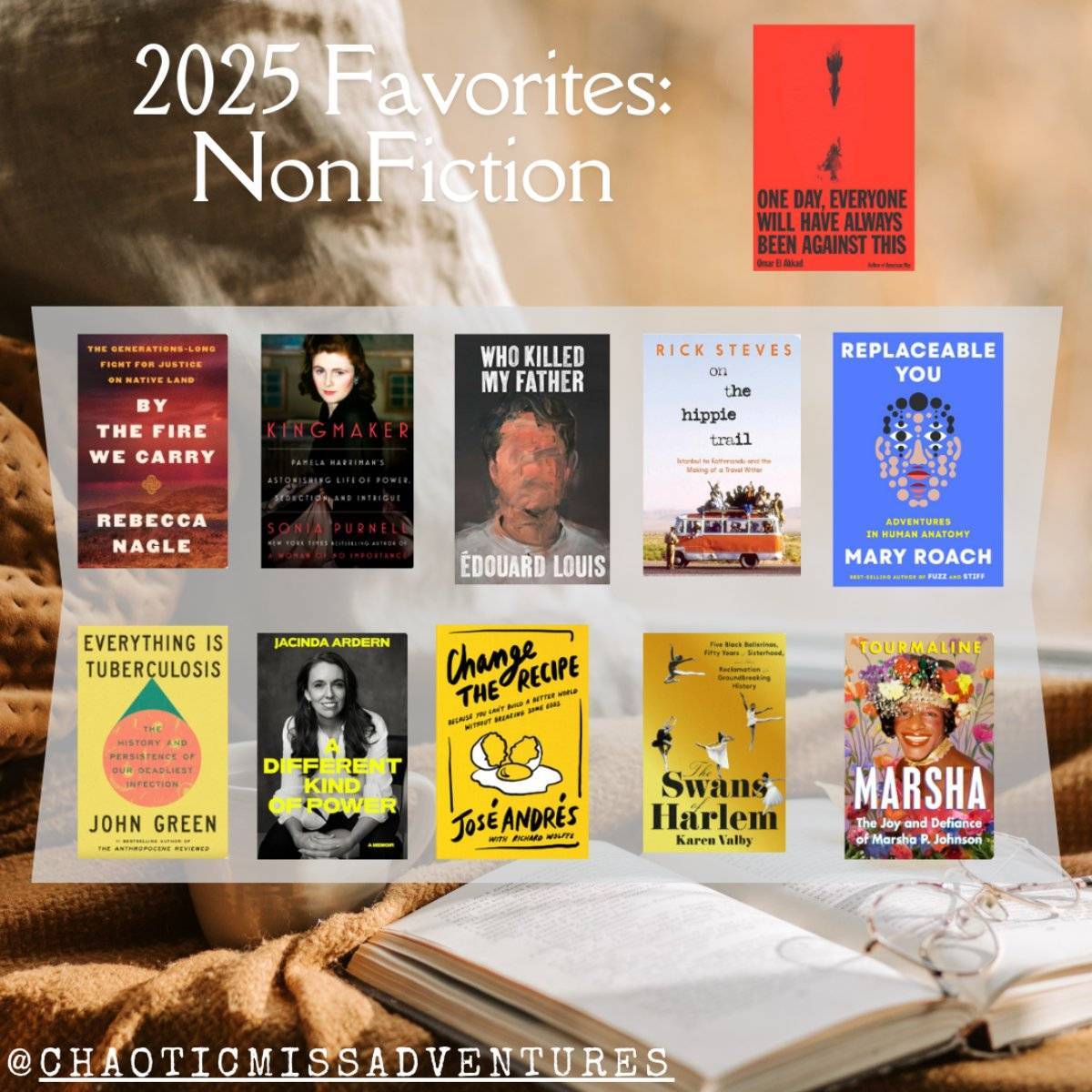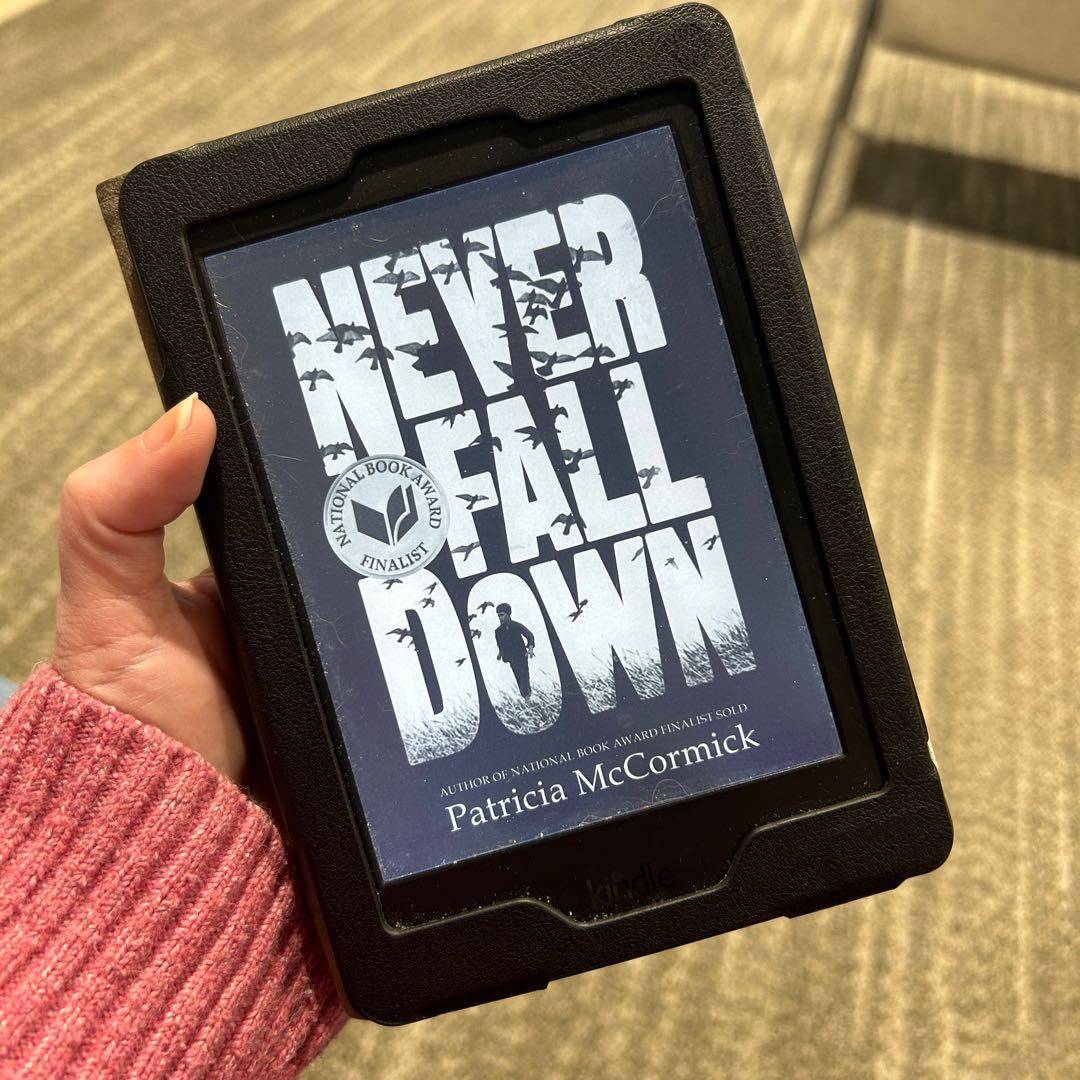
Whew. I don‘t really know how to “rate” a book like this, but I will say (a) I read the whole thing in 24 hours, (b) I now know more about the Cambodian genocide in the 70s than I did before, and (c) I am in awe of the courage that it must take Arn to tell the story as he has. He‘s not 100% hero, he‘s not 100% villain - he is fully human, making choices in impossible circumstances. #FoodandLit








